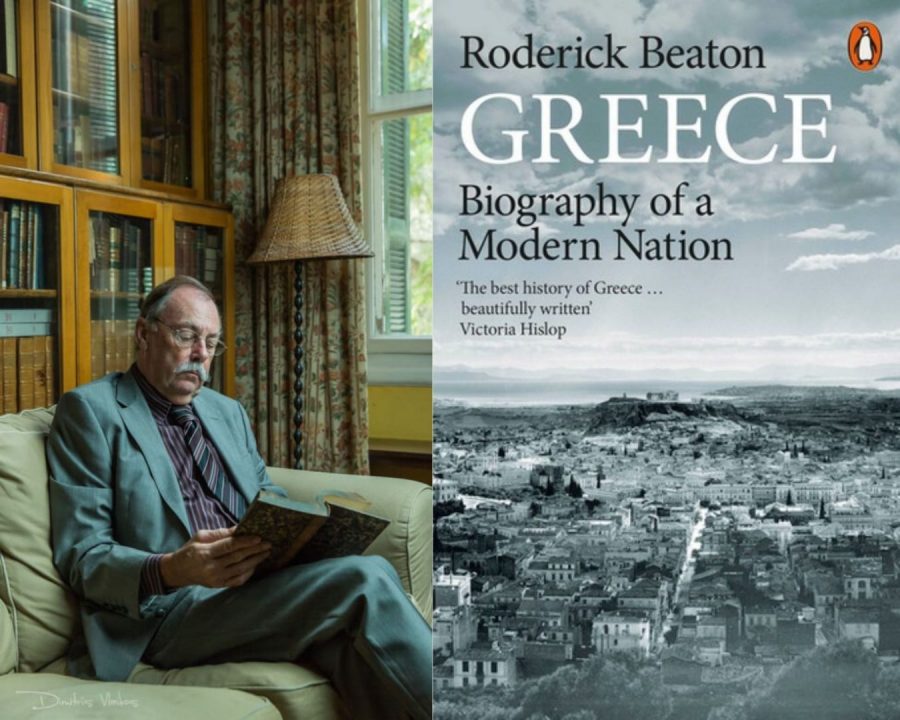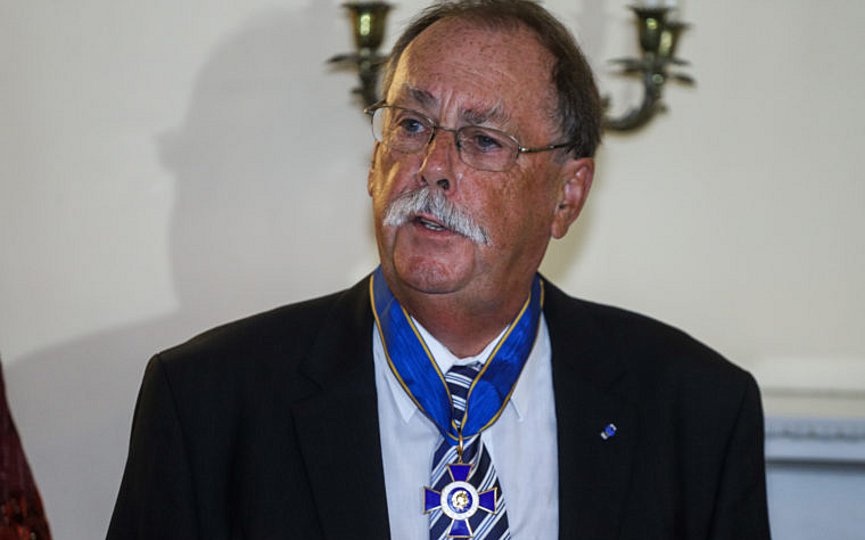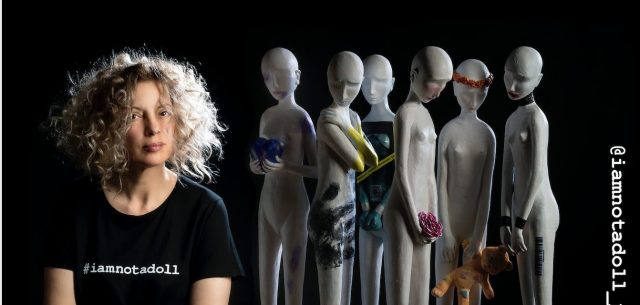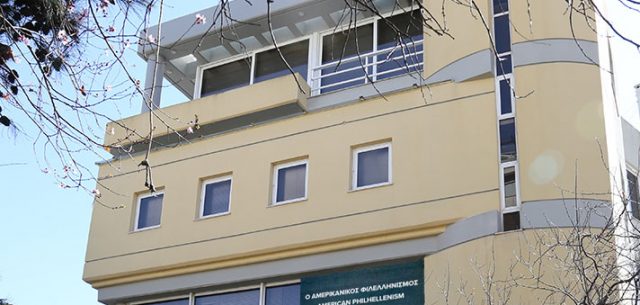Why you should read Roderick Beaton’s Greece: Biography of a Modern Nation

As the world celebrates the 200th anniversary of Greece’s revolution, Athens Insider recommends a mandatory reading of Roderick Beaton’s Greece: Biography of a Modern Nation. Beaton treats Modern Greece as a biographical subject, a living entity in its own right, and encourages us to take a fresh look at a people and culture long celebrated for their past, even as they strive to build a future as part of the modern West.
Roderick Beaton’s love affair with Greece is an enduring one and his fondness for his subject comes through in the 461 pages of Greece: Biography of a Modern Nation. By treating Greece as an evolving organism, Beaton explores the history, not of a Greece of romantic or philhellenic imagination, but the reality of the country as it has become today.
For many, “Greece” still conjures images of Homeric wars and ancient philosophers and is synonymous with “ancient Greece,” the civilization that gave us much that defines Western culture today. But, how did Greece come to be so powerfully attached to the legacy of the ancients in the first place and then define an identity for itself that is at once Greek and modern? This book reveals the remarkable achievement, during the last three hundred years, of building a modern nation on the ruins of a vanished civilization—sometimes literally so. This is the story of the Greek nation-state but also, and more fundamentally, of the collective identity that goes with it. It is not only a history of events and high politics; it is also a history of culture, of the arts, of people, and of ideas.
In his review, Prof Robert Holland notes, “The empathy it evokes for the survival of modern Greek statehood against a recurring pattern of often existential crisis is all the more compelling, subtle and above all human in its many-sidedness. Beaton’s account instantly becomes the single most outstanding treatment of its subject and shows us why – as Lord Palmerston expressed it succinctly for his own times – ‘Greece’ is an emotional word that still matters to contemporary society.”

Richard Beaton being bestowed with the Medal of the Commander of the Order of Honour in 2019 by Greek President Prokopis Pavlopoulos.
Opening with the birth of the Greek nation-state, which emerged from encounters between Christian Europe and the Ottoman Empire, Roderick Beaton carries his story into the present moment and Greece’s contentious post-recession relationship with the rest of the European Union. Through close examination of how Greeks have understood their shared identity, Beaton reveals a centuries-old tension over the Greek sense of self. How does Greece illuminate the difference between a geographically bounded state and the shared history and culture that make up a nation?
The modern Greek state, known since 1974 as the Hellenic Republic is a fledgling. Nevertheless, even this version of Greece is nearly two centuries old. Roderick Beaton has chosen to tell the story of the modern Greeks as a people or nation, which is less straightforward than it sounds. It means jettisoning the ancient and Byzantine heritage, and most of the Ottoman period too.
From Alexandros Ypsilantis’ Odessa-based Philiki Etaireia, the ‘friendly society’ that helped launch the revolt, whose army was composed almost entirely of educated diaspora Greeks, to the naval victory won by the British, French and Russians over the Ottomans at Navarino in 1827, Beaton notes that the battle for Greek independence wasn’t the romantic struggle painted by Lord Byron and other Philhellenes, but a new state born in a ‘frenzy of terror, mutual hatred and bloodletting’, with the assistance of outside powers.
Beaton sprinkles his book with insightful details that provoke and surprise in equal measure: Athens was not simply a backwater at the time of independence; its population spoke mainly Albanian, not Greek. More than three times as many Greek speakers lived outside the new country as inside it. The attempt by nation-builders to bring back the ancient heritage involved not only reviving a dead language but also clearing away centuries of architectural ‘clutter’ to make way for the new Athens city plan’.
Beaton also addresses the contentious ‘Megali Idea’, the lure of a greater Greece that persisted for decades following independence, bringing both opportunity and danger wreaking untold havoc in the eastern Mediterranean. Beaton navigates bitterly contested historical terrain with finesse and objectivity.
Richard Pine notes in his review in The Irish Times, “Beaton is particularly sensitive to the ambivalence of Greek people and their politicians to the east-west tug-of-love in which Greece has been caught up since its inception. Is it western? Is it eastern? For Beaton, it is unquestionably both. Apart from his extraordinary erudition and scholarship, Beaton writes with measured compassion and a refreshingly straightforward style … A magisterial and user-friendly study.”
Roderick Beaton is Emeritus Koraes Professor of Modern Greek and Byzantine history, language and literature at King College London’s Department of Classics and the Center for Hellenic Studies. He was bestowed with the Medal of the Commander of the Order of Honour for exceptional contributions to the study of the formation of Greek national consciousness and of Byzantium’s role in the creation of the characteristic legacies of the Renaissance.













